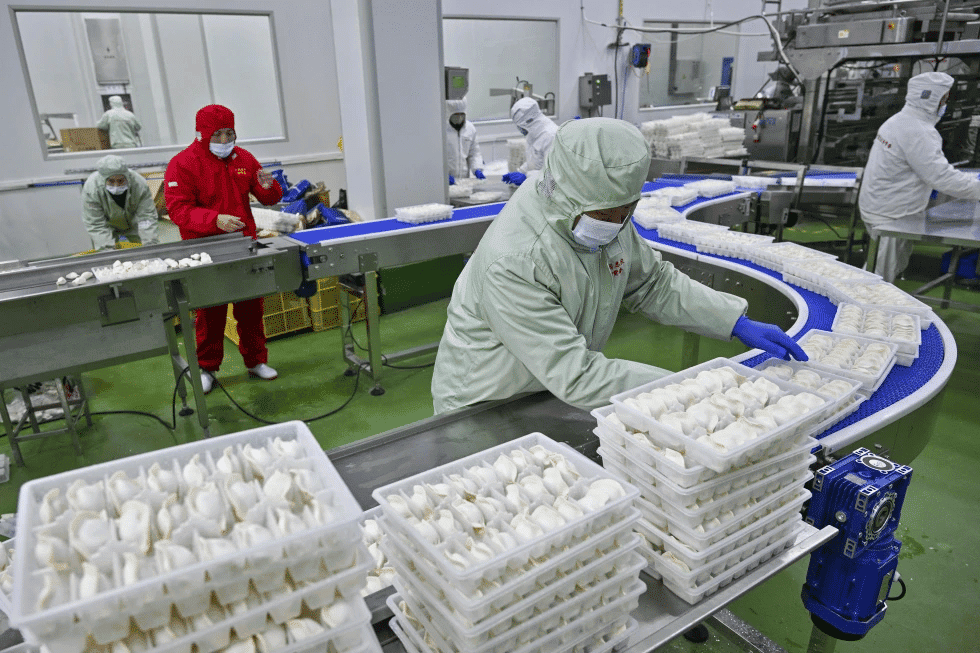
Medical device companies face many challenges. Getting their products to market is one of them.
Distributors play a key role in connecting devices from manufacturers to hospitals and doctors. The first step in starting a medical device distribution company is developing a business plan. This is a detailed plan that will include several aspects of your business.
1. Determine Your Target Market
It’s important to identify your target market before you start planning your marketing strategy. This will help you ensure that your medical device addresses a need and provides a better solution than existing devices.
Doing this can be as simple as searching for medical discussions on social media, online forums, or general Q&A sites. It can also be more in-depth, such as analyzing medical condition treatment trends and conducting a needs assessment with physicians and hospitals.
Ultimately, you want to find distributors who are capable of handling your regulatory requirements, especially outside of the US. Often, this means finding a company that works under ISO 13485:2016 guidelines. This can be difficult because of the different regulations in various jurisdictions.
2. Develop a Business Plan
A business plan is essential for identifying the market needs for your medical device company and developing a strategy to address them. It also helps you create a financial forecast that will allow you to seek financing from banks and investors.
The business plan should include a description of your company’s products and services, its competitive advantage and the target customer profiles. It should also discuss your marketing and sales strategies and the costs associated with promoting and distributing your products.
Depending on the type of products you sell, you may need a professional license or a health department permit. Obtaining these permits will help ensure that your business is in compliance with local regulations.
3. Identify Your Suppliers
Having the right suppliers is key to success in the medical device business. Typically, distributors act as a symbiotic relationship with manufacturers, with the manufacturer making revenue and the distributor taking on a portion of storage and transportation costs.
Find your suppliers by asking your professional networks for recommendations. Also, check business-to-business marketplaces and online forums for supplier reviews.
It’s a best practice to ask potential suppliers for lead time projections and on-time delivery statistics. This way you can compare their performance and choose the one that matches your requirements. In addition, a good quality management system is crucial. It helps ensure that important documents don’t go missing from a binder.
4. Register Your Business
Depending on your business structure and industry, you may need to register with state agencies or obtain certain licenses. For example, if your product falls under medical electrical equipment (MEE), you’ll need to comply with safety standard IEC 60601-1.
You’ll also need to establish an operating agreement, which outlines how key business decisions will be made and who’s responsible for what. It’s a good idea to seek guidance from legal or financial professionals when choosing the right business structure for your needs. This step is vitally important, as it determines your liability protection and taxation implications. It also impacts how you should store, transport and handle your products.
5. Get an EIN
Becoming a medical device distributor has a lot of different considerations. The products you’re dealing with directly impact people’s health and safety, so the regulations and frameworks are more strict than other industries.
You’ll also need to consider how you’re going to fund your business. Getting an EIN is crucial, as it allows you to separate your personal expenses from those of your business.
You’ll also need to register your business with the secretary of state in each state where you operate. Additionally, you’ll likely need to obtain insurance to cover potential risks. You may need medical liability, general and product liability insurance, among others. Also, don’t forget about a business credit card for tracking all your company’s purchases.
6. Apply for a Business Credit Card
Medical device distributorships act as a link between device manufacturers and end-users, such as hospitals, clinics, pharmacies, and other healthcare facilities. They purchase the devices and supplies from manufacturers and offer them to the end-user at a discount.
Medical manufacturers must work with the right distributors to develop effective marketing strategies and establish a quality system that meets FDA regulations and local device licensing requirements. Distributors also need to be able to register products and facilities in different countries where they are sold.
As a new business, you must secure the necessary business licenses and permits before starting operations. This ensures your business complies with local regulations and that you are financially responsible.
7. Find the Right Space
A medical device distributorship is a vital link between medical equipment manufacturers and end-users such as hospitals or doctors. Distributors understand healthcare systems and their unique needs and challenges. They also know local regulations and standards to ensure that the devices they sell comply with those requirements.
They’re experts in sourcing alternative products during a recall or finding alternate delivery routes during natural disasters. They also manage product rotation and expirations for healthcare providers who often don’t have the staff to keep up with those demands themselves. They can even provide training to help healthcare professionals use the products they’ve purchased from their distributorships. They do all of this while creating a strong relationship with each customer and making sure they’re happy.
8. Register Your Business
Aside from securing a supplier partnership, medical distributors must also adhere to specific regulatory frameworks and other considerations. For example, if you plan to distribute pharmaceuticals, you’ll need a Wholesale Distribution Authorisation from the MHRA.
The exact protocols for registering a business vary by state and type of operation. However, it’s typically wise to seek guidance from a lawyer or financial expert to understand the ramifications and requirements for your unique circumstances.
For instance, an LLC must file articles of organization and name a registered agent before being considered legally established. It must also have a written operating agreement in place.





























